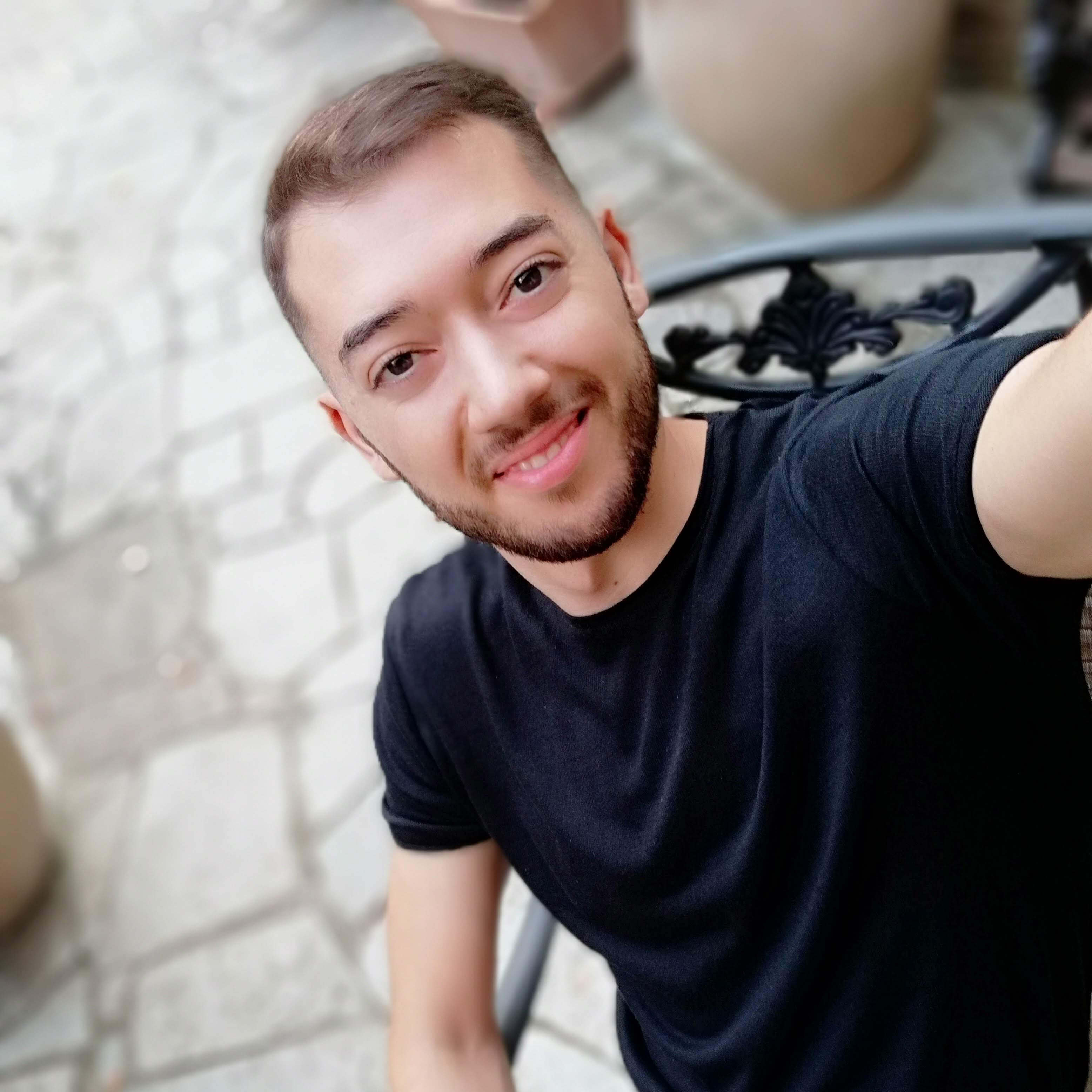Halfway through a Marie-Curie PhD. Challenges and lessons learned
By Stamatis Chrysanthopoulos
In many countries and cultures around the world they use the proverbial phrase “time flies” to highlight the perception of how quickly time passes. In a doctoral journey this phrase is extremely relevant. Halfway through in a Marie-Curie PhD with many milestones achieved, research progresses but also challenges. This is what I would like to outline in the following message so that future PhD-candidates can learn from our mistakes and be adequately prepared for their own journey.
Academic milestones are fundamental for a successful PhD. The first year was marked by intensive coursework to create a solid foundation of knowledge in my research field. I am very proud to say that I belong to the FertiCycle community where a plethora of online sessions took place to enrich our knowledge on bio-based fertilisers. Beyond the mandatory courses, we were challenged on presenting our progress in the FertiCycle Annual Meeting. This task was rather important to face our PhD-project from a different perspective and be open to criticism from experts in the field. I truly believe that my understanding on bio-based fertilisers was significantly enriched over the past one and half year thanks to this “hybrid” approach of courses and proactive learning.
The transition towards the experimental phase occurred rather fast. I have to confess that the screening of various agro-industrial by-products was not an easy task since many of them had a highly heterogeneous nature. Nevertheless, with proper guidance from my supervisors, profound progress was made and several milestones achieved. As a researcher, I do believe in the power of collaboration. I have been fortunate to collaborate with experts in the field, both from the academic and the industrial sector. My openness to new ideas on data collection and analysis was a key aspect to accelerate the research phase. Future PhD candidates should also consider to properly manage their agenda. An overlap between experimental work and other academic responsibilities was frequently observed. Time management is therefore critical to succeed and more importantly enjoy the doctoral journey.
I would be a liar if I can predict how the second half of the Marie-Curie PhD will look like. As I move forward, I am committed to improve both as a person and as a researcher. I eagerly anticipate the next phase to innovate and assist the research community with new ideas about bio-based fertilisers.

